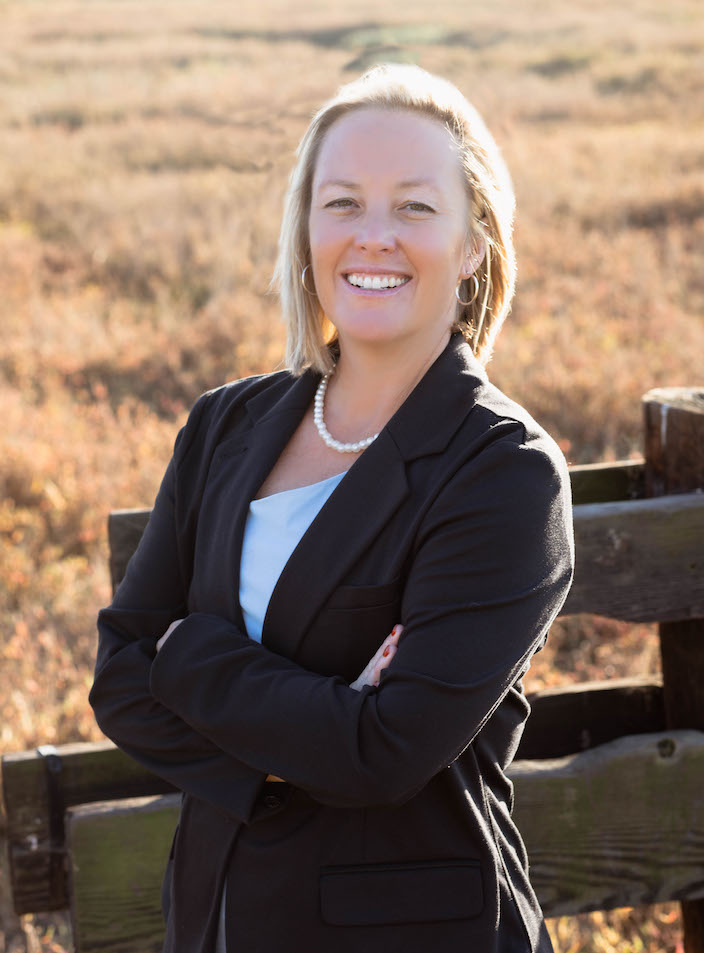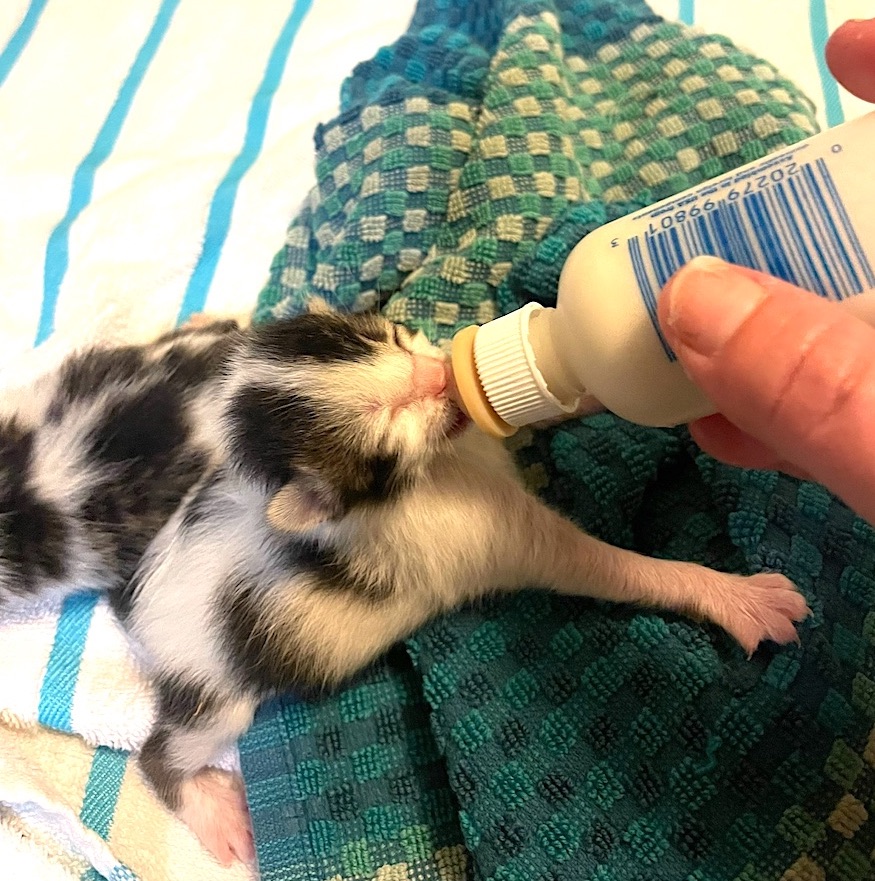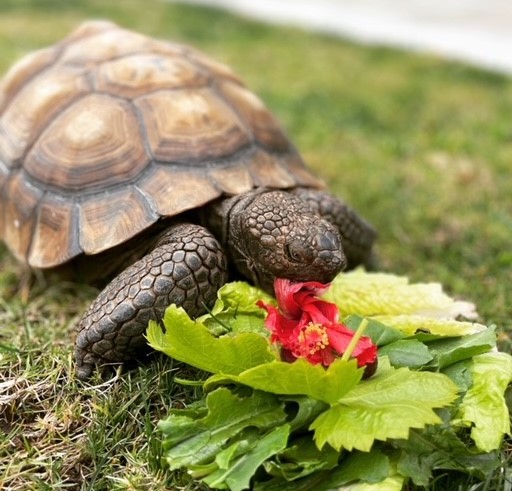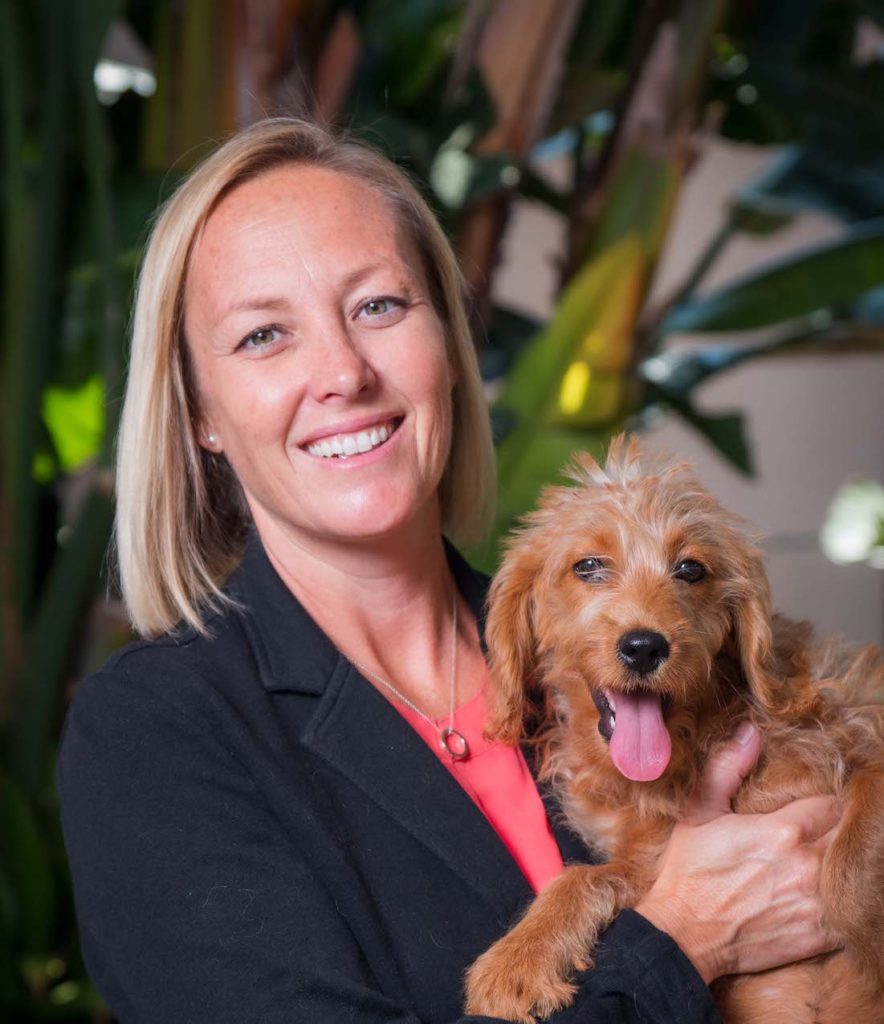Most of us know Animal Control Officers (sometimes called Animal Field Services Officers) as the people to call when we find a pet in danger. But Animal Control Officers take on many roles when looking out for the welfare of animals in our communities.
Meet Jerrica Owen, Executive Director of the US National Animal Care & Control Association (NACA). The NACA is dedicated to preventing animal cruelty, neglect, and public safety issues. The association promotes high standards for animal welfare and public safety through training, networking, and advocacy.
Jerrica is a passionate promoter of animal welfare, dedicated to ending animal cruelty and neglect. She holds certificates in Animal Welfare Administration (CAWA) and has 20 years of experience in animal welfare. For example, before her leadership role at NACA, she served as Senior Animal Response Team Leader for the San Diego Humane Society’s Emergency Response Team. Her tireless dedication to animals, including cats, is why she’s been nominated as our Cat Person of the Month.
Mewla: Welcome, Jerrica. We’re so happy to have you here! Tell us, how did you first get into the field of animal welfare?
Jerrica: Thank you for the opportunity! Like most of us, I ended up in animal welfare by accident. I was passing time after college trying to decide what and where I wanted to go, and in the interim took a part-time job at a very small shelter with one animal control officer and an average intake of about 400 animals a year.
I fell in love with the work and over 20 years later am still doing what I love! I have worn many hats in my career from the fun stuff like adoptions, supporting transports, and animal search and rescue during disaster response. I’ve also had the not-so-fun or glamorous roles of administrative and government relations. Each role in my career has been a helpful stepping stone to the next. I am thrilled to still be doing what I love!
Mewla: It’s great that you can work with the animals you love and help make the world a safer place for them at the same time. Will you tell us more about the role of Animal Control Officers? What types of problems do they typically encounter during their work week?
Jerrica: This varies on the region and community type but typically the types of service can be broken down into three main areas…
Welfare includes calls for services related to the welfare of an animal such as tethering, cruelty, abandonment, and neglect.
Public Safety includes things like aggressive animals, a bite or injury/dangerous, potentially dangerous, and/or vicious animal calls.
And finally, Quality of Life includes things like barking dogs, loose (at large) pets, feces (not picking up), too many animals, or deceased animals. Depending on the services provided, they may also have beach patrol, wildlife calls, and disaster response responsibilities.

Animal Control Officers tend to work long hours in dangerous situations, in inclement weather, and oftentimes with inadequate resources, training, and equipment. Officers in most areas are responsible for more than enforcing animal laws; they also assist law enforcement as the animal experts in their community, provide the services of social workers, risk their lives as emergency responders, mitigate community member conflicts, and much more.
Animal Control Officers also work closely with the justice system, including prosecutors and judges, local and state law enforcement agencies, elected and appointed officials, the state veterinarian and health department, the local rabies authority, the fire department, code enforcement, and social services agencies.
Mewla: That’s a huge variety of tasks requiring many different skills, from risking their lives protecting people from aggressive animals to sharing their expertise with the public and elected officials. No wonder Officers tend to work long hours.
I’d guess that the general public has very little understanding of what Animal Control Officers really do. Are there common misunderstandings that the public has about Officers?

Jerrica: There are quite a few actually. Historically the animal control officer was perceived as someone to fear – that they are there to take your dog or give you a fine. That is not the case anymore.
To answer your question, they are there to support, to provide solutions to common issues and challenges, and to provide a valuable service to the community. They are not to be feared; they are to be thanked and recognized. Although not traditionally classified as first responders, animal control officers perform essential work ensuring public safety for humans and animals in most communities.
Mewla: I imagine that dealing with animal cruelty can be one of the most difficult parts of the officers’ role. Are there suggestions to help officers avoid burnout and take care of their own mental health after they, for example, encounter a disturbing, potentially demoralizing animal abuse case?
Jerrica: Thankfully, the “bad” is not the most common call for officers but, even so, mental health is the most critical thing that anyone caring for others must be sure to never lose focus on. We forget about ourselves all the time. I am equally as guilty, but this step is critical. We can’t care for others without first taking care of ourselves. Simple things – like going for a walk, taking a mental health “bliss break”, listening to music, or practicing yoga – anything that allows you to disconnect even for a moment is going to be helpful.
Mewla: I’m relieved to hear that cruelty cases are a relatively infrequent task for Officers, but even without counting cruelty cases, the job has got to be challenging, both mentally and physically. Regardless, a career as an Officer sounds like a great path for animal lovers who have a lot of energy, are good communicators, and are willing to work those extra hours.
Some readers may be interested in a career as an Animal Control Officer. What qualifications are typically needed to become an officer?
Jerrica: Animal Control Officers should at minimum be trained on:
- Animal behavior and safe animal handling
- Communication and de-escalation techniques
- Public perception
- Multicultural community engagement; Diversity, equity, inclusion, and belonging.
- Animal first aid
- Basic animal investigations, including but not limited to:
- Search warrants
- Evidence collection and preservation
- Report writing
- Courtroom procedures and testimony
- Animal health, including but not limited to:
- Nutrition
- Disease recognition, zoonosis, prevention, and herd health
- Animal husbandry
- Local, state, and federal laws relating to animal cruelty and neglect.
- Rabies prevention and processes
Mewla: Really great information, Jerrica. Thank you! Now, let’s hear a little about you: When did you first come to love animals?
Jerrica: Oddly enough, my love of animals started with bugs and reptiles – I was a kid who loved them all!! Cats have always fascinated me. Everything about them is amazing and intriguing… What are they thinking? How did they climb that tree so fast? How did they catch that bug? They are full of amazing antics that are so interesting!

Mewla: And who are the animals in your home today?
Jerrica: Unfortunately, my family is allergic to cats inside the home, so we are unable to have a permanent cat. However, we never turn down the opportunity to foster neonate kittens, and my daughter especially has grown into a wonderful foster mommy!
So, while I can’t live with any permanent kitties, I am owned by a 12-year-old lab mix, a lively betta fish, and a 32-year-old Desert Tortoise! My home is a revolving door of other foster animals as well. We have fostered birds, mice, and rats!
Mewla: So wonderful that you can share your love for fostering with your daughter, Jerrica.
Thank you for visiting with us today. We so appreciate all you do to support animals.
One last question: How can the average person help support Animal welfare officers in their communities?
Jerrica: Don’t be afraid to say hi, to show off your pets, or to ask a question. The animal care and control officers don’t bite and their role within the community is a vital resource! They should no longer be looked at as the “dog catcher”. ACOs support every aspect of animal welfare within a community and thrive when the community is welcoming and supportive of their role.
Mewla: You hear that folks? Say ‘hi’ and now you can even surprise the Officers with your knowledge about their jobs.
Since the second full week in April is Animal Control Officer Appreciation Week, why not brighten your local Officers’ Day and say “Thank you.”
Please leave your comments or questions
about the Jerrica Owen article below.
Have a suggestion? Send us a message via our Contact Us page.





Great to learn about what Animal Control Officers do. Thanks to Jerrica for her great work!
welcome and Congrats Jerrica on being Aprils cat person of the month
and thank you for your long years of dedication to the well being of animals
its job well done with many rewards knowing you help save animals lives
in many ways outstanding job we Appreciate You x o you should be proud
Thank you Mewla for this great article! Jerrica,, thank your for your important work looking our for our animal friends.
Congratulations to the Executive Director! I did not know that animal control involved so many roles.